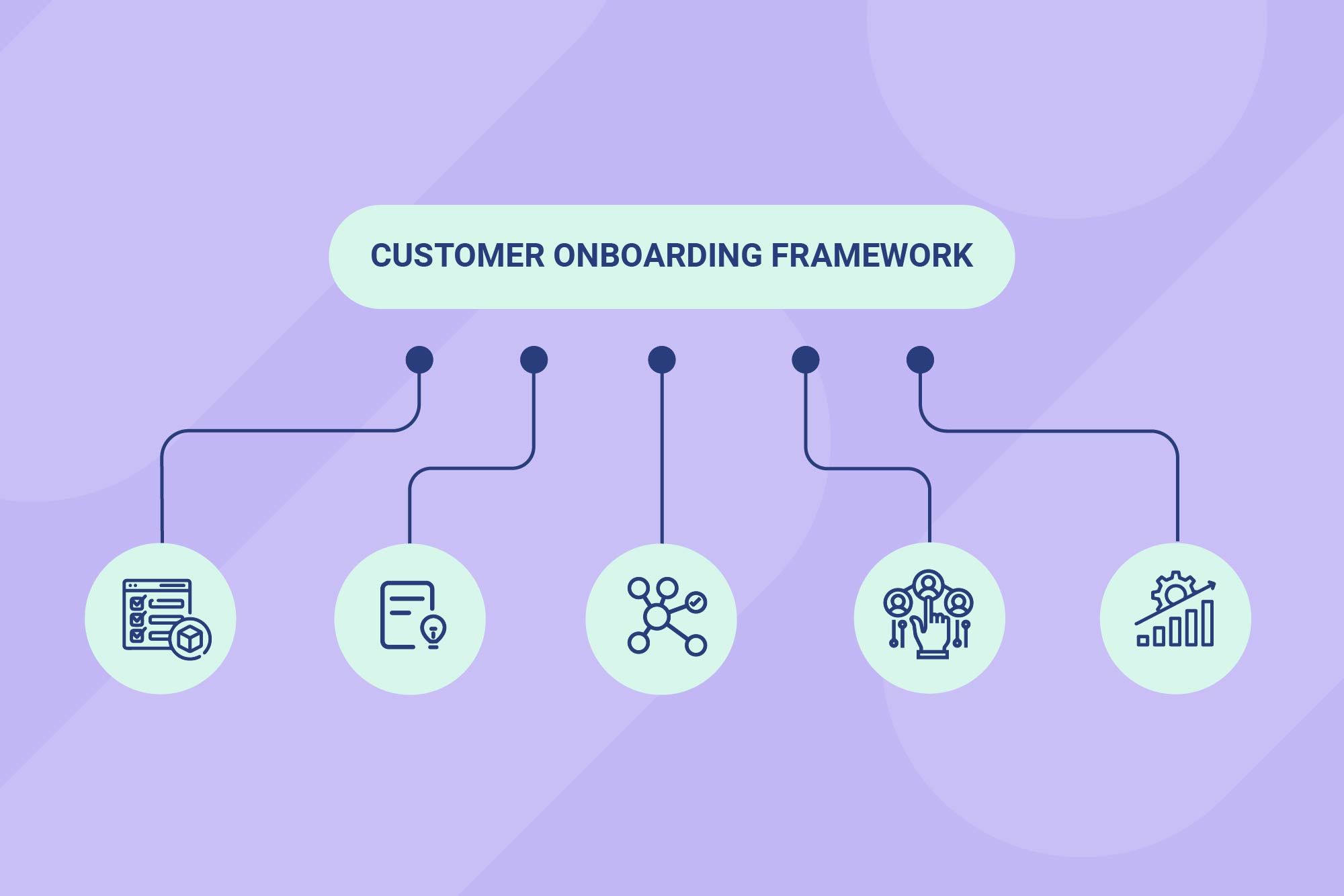The Onboarding Process for Advertising Account Rental Clients: A Strategic Framework
I. Understanding the Client’s Context and Objectives
a. Deep Business Diagnosis
Agencies must move beyond a surface-level intake form. A strategic onboarding begins with a 30-45 minute discovery session to analyze:
The client’s industry, product lifecycle, and market regulations
Their current traffic sources (organic, paid, affiliates)
Pain points in previous ad campaigns (e.g., rejection, low ROAS)
Why it matters: Without full context, assigning an ad account is a blind shot—high risk of policy mismatches and shutdowns.
b. Aligning Goals with Account Type
Not all accounts serve all purposes. For example:
Aged BM for brand authority and high spend limits
Verified BM for white-hat eCom stores
Agency BM for heavy spending with multiple team members
The wrong type leads to wasted days on trial-and-error.
c. Financial Structure Planning
Clarifying:
Daily ad spend capacity (e.g., $300/day vs. $3,000/day)
Currency (USD, EUR, VND?)
Who pays and how: prepaid, top-up via agency wallet, or direct billing?
This avoids billing delays, spend mismatches, and broken campaign scaling.
II. Risk Mitigation and Compliance Setup
a. Robust KYC and Brand Screening
Agencies must protect themselves with strong KYC (Know Your Customer):
Government ID verification
Business license for incorporated clients
Screening for banned product categories
Example: An agency unknowingly onboarded a client running “health claims” ads in a restricted country—Meta shut down 6 ad accounts in 48 hours.
b. Pre-onboarding Policy Education
Clients must acknowledge:
Meta’s ad rules
Account-specific limits (e.g., no direct checkout in first 72 hours)
Agency penalties for violations
This reduces miscommunication and establishes accountability.
c. Internal Risk Score
Clients can be categorized:
Low-risk (white-hat, experienced)
Medium-risk (unproven niche, unclear funnel)
High-risk (no ad history, borderline offer)
This determines how much monitoring or restriction is applied post-onboarding.
III. Legal Grounding: Contract and Policy Enforcement
a. Tailored Service Contract
Every contract should cover:
Account usage scope (no asset sharing, no VPN)
Termination clauses (e.g., 3-strike policy)
Refund and dispute resolution processes
Tip: Include screenshots of past policy violations to train clients on what not to do.
b. Data Protection and Access Rights
Ensure GDPR/CCPA compliance if working with international clients. This builds long-term confidence and avoids legal trouble.

IV. Technical Deployment and Infrastructure Handoff
a. Seamless BM and Ad Account Access
Clients should receive a fully configured setup:
BM with pre-added payment method (if applicable)
Verified domain and pixel connected
Clear naming conventions to avoid confusion
Agencies should use Loom walkthrough videos to guide new users—reducing human support hours.
b. Two-Way Access Control
Some clients want their own analyst to monitor reports. Define:
Access levels (e.g., view-only vs. editor)
Who has rights to change targeting, copy, or budget?
Poor access control can lead to internal conflict or data overwrite.
c. Integration with External Tools
For clients using CRM or conversion APIs, integrate during onboarding to avoid tracking errors post-launch.
V. Operational Enablement and Knowledge Transfer
a. Account Feature Orientation
Walk through:
Where to find billing
How to check ad delivery vs. pending review
Ad-level diagnostics: learning phase, conversion window, relevance score
Why it matters: Many first-time renters pause ads unnecessarily due to misreading performance signals.
b. Security Hygiene Protocol
Set expectations on:
IP consistency (avoid triggering Facebook flags)
Password updates (every 30 days)
No third-party logins without agency consent
c. Campaign Blueprint
Offer a templated media plan for:
First 7 days: Test phase
Days 8-14: Scale phase
KPI to track: CTR > 2%, ROAS > 3, Add-to-Cart rate
This standardizes performance across accounts and reduces variance.

VI. Post-Onboarding Monitoring & Intervention
a. Live Support Window
For high-risk niches, assign a dedicated success manager for the first 5–10 days. Issues spotted early prevent account shutdown.
b. KPI-Based Campaign Audits
Weekly audits ensure the client isn’t overstepping account limits (e.g., too high frequency, low-quality feedback score).
Red flag example: If 3 ads in a row are disapproved, pause all and retrain the client.
c. Retrospective and Adjustment
After 30 days, run a retrospective call:
What went well?
What confused the client?
What tools or SOPs can be automated?
VII. Retention, Upsell, and Scale Path
a. Monthly Account Health Reports
Send automated reports on:
Spend trajectory
Ad rejection ratio
Feedback score trends
This prevents surprises and creates upsell moments.
b. Service Expansion
Once trust is built, propose:
Creative package
Automation (e.g., auto-topup, auto-pause on policy breach)
New BM slots for scaling
c. Renewal and Loyalty Rewards
Offer discounts, free trial of tools, or priority access for high-spend clients during contract renewal.
Conclusion: Onboarding is Not Setup—It’s Strategy
Most agencies treat onboarding like paperwork. The best agencies treat it like strategy. A well-executed onboarding builds infrastructure, protects reputation, and drives client growth from day one. By investing time in education, risk checks, and smart deployment, agencies reduce churn, prevent bans, and create a scalable, reliable ad account rental service.
Xem thêm tại : Nolimit Agency





